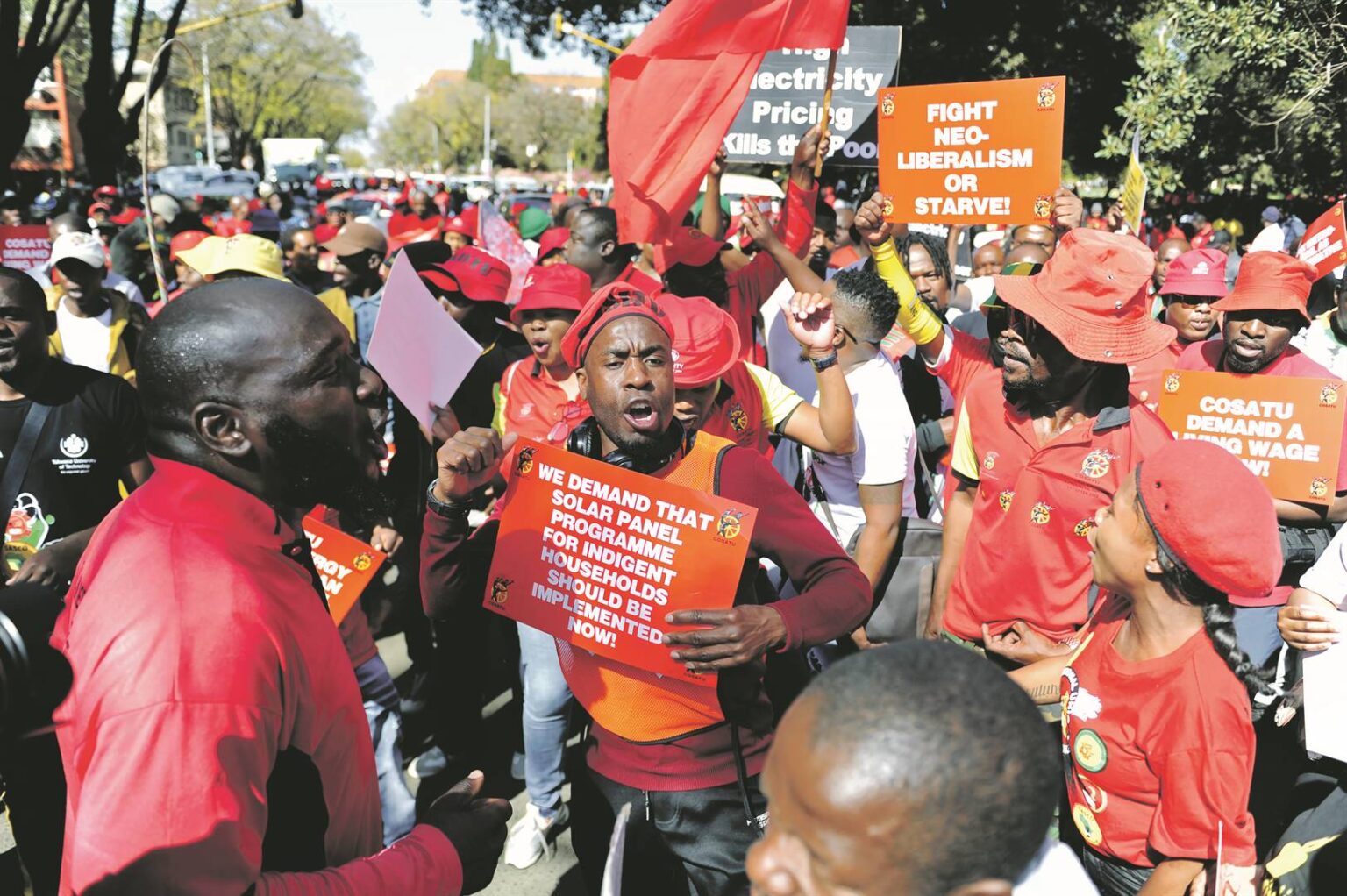- Sub-Saharan Africa economic growth remains stuck in “low gear” with a large youth population at risk of being left behind—The World Bank.
- Currently, seven in 10 children in Sub-Saharan Africa do not have access to pre-primary education.
- The World Bank says stabilizing economies and transforming education to equip the region’s growing workforce with stronger foundational skills and market-relevant expertise is critical.
Despite signs of a fragile economic recovery, Sub-Saharan Africa economic growth remains stuck in “low gear” with a large youth population at risk of being left behind. According to the latest analysis by the World Bank’s Africa Pulse, two factors are critical to jumpstart inclusive growth: stabilizing economies and transforming education to equip the region’s growing workforce with stronger foundational skills and market-relevant expertise.
The report, which is in its 30th edition and on the theme of Transforming Education for Inclusive Growth, says economic activity in the region is projected to grow by three per cent in 2024 from a low of 2.4 per cent in 2023, driven primarily by growth in private consumption and investment.
Inflation is forecast to ease from 7.1 per cent in 2023 to 4.8 per cent in 2024, helped by tighter monetary and fiscal policies, more stable currencies, and fewer supply chain disruptions. However, this recovery is not enough to lift millions out of poverty. Growth per capita remains sluggish – just 0.5 per cent in 2024, compared to an average of 2.4 per cent between 2000 and 2014.
Challenges such as conflict, climate change, and soaring debt service costs are undermining progress. In 2024, 34 per cent of government revenues across the region will be spent on debt servicing, leaving little room for productive investments.
Read also: Kenyan Banks Hit by Fresh $1.2 Billion Bad Loans Amid Economic Turbulence
Governments working to close budget gaps
Andrew Dabalen, World Bank chief Economist for the Africa region says African governments are making strides to stabilise their finances and close budget gaps.
Economic growth stalls amid piling debt
The report further shows that Africa’s working-age population is expanding faster than any other region, driven by progress in child survival over the last two decades. Yet, Sub-Saharan Africa spends less on education per capita than any other region.
“This is a daunting challenge, but the region has already made significant strides: 270 million children are enrolled in primary and secondary schools today, and primary school completion rates have improved substantially since 2000.” the report reads in part.
“Looking ahead, Africa’s youth will need to be well educated and appropriately skilled to access better jobs and take advantage of new digital and green economy opportunities,” explains Dabalen, adding, “Evidence-based planning and smart spending will be crucial to expanding access while improving learning and employment outcomes.”
Currently, 7 in 10 children in Sub-Saharan Africa do not have access to pre-primary education, and fewer than 1.5 per cent of youth aged 15 to 24 are enrolled in vocational training, compared to 10 per cent in high-income countries. Closing these gaps is vital for unlocking Sub-Saharan Africa’s economic potential and driving sustainable, inclusive growth.
Supporting entrepreneurship and new startups, allowing small businesses to grow, and attracting larger and established firms is also essential so that skilled graduates find meaningful job opportunities when they try to enter and advance in the workforce.
Other key concerns holding back the continent are the high cost of living, corruption, and, more broadly, weak governance have triggered protests and palpable anger among the youth in Kenya, Nigeria, and Uganda—unrest that could spread throughout the region.
Read also: Africa’s economic growth risks permanent decline amid geopolitical tensions
Institutions are unable to foster inclusive and sustained growth
The discontent and lack of trust in the government reflect the population’s perception that state institutions are unable to foster inclusive and sustained growth and narrow structural inequalities. In this context, the region needs more reforms for a working economy.
Leveling the playing field for the disadvantaged will also involve policies that enhance their productive capacity and provide an environment that nurtures the creation and growth of (formal) firms.
